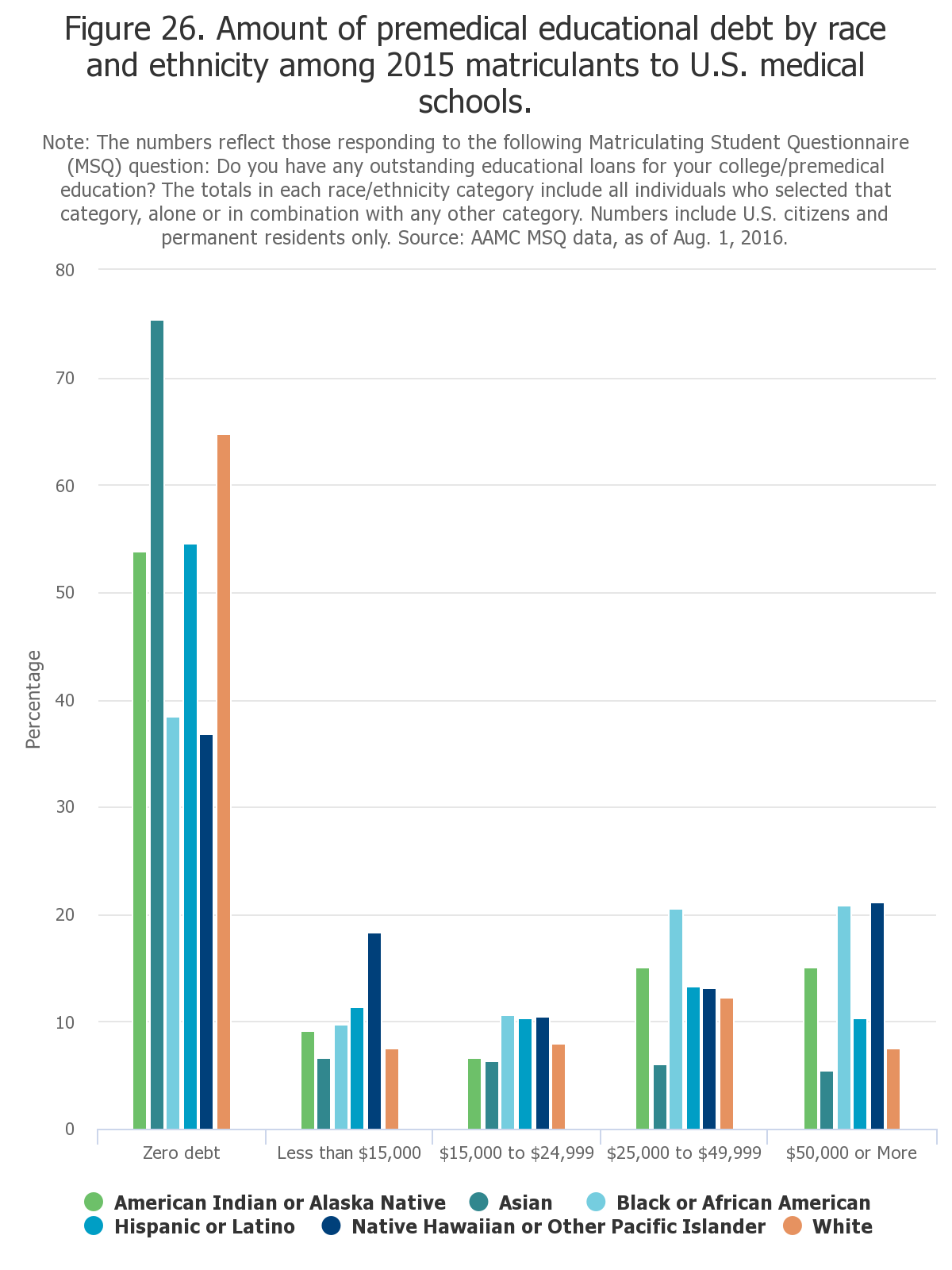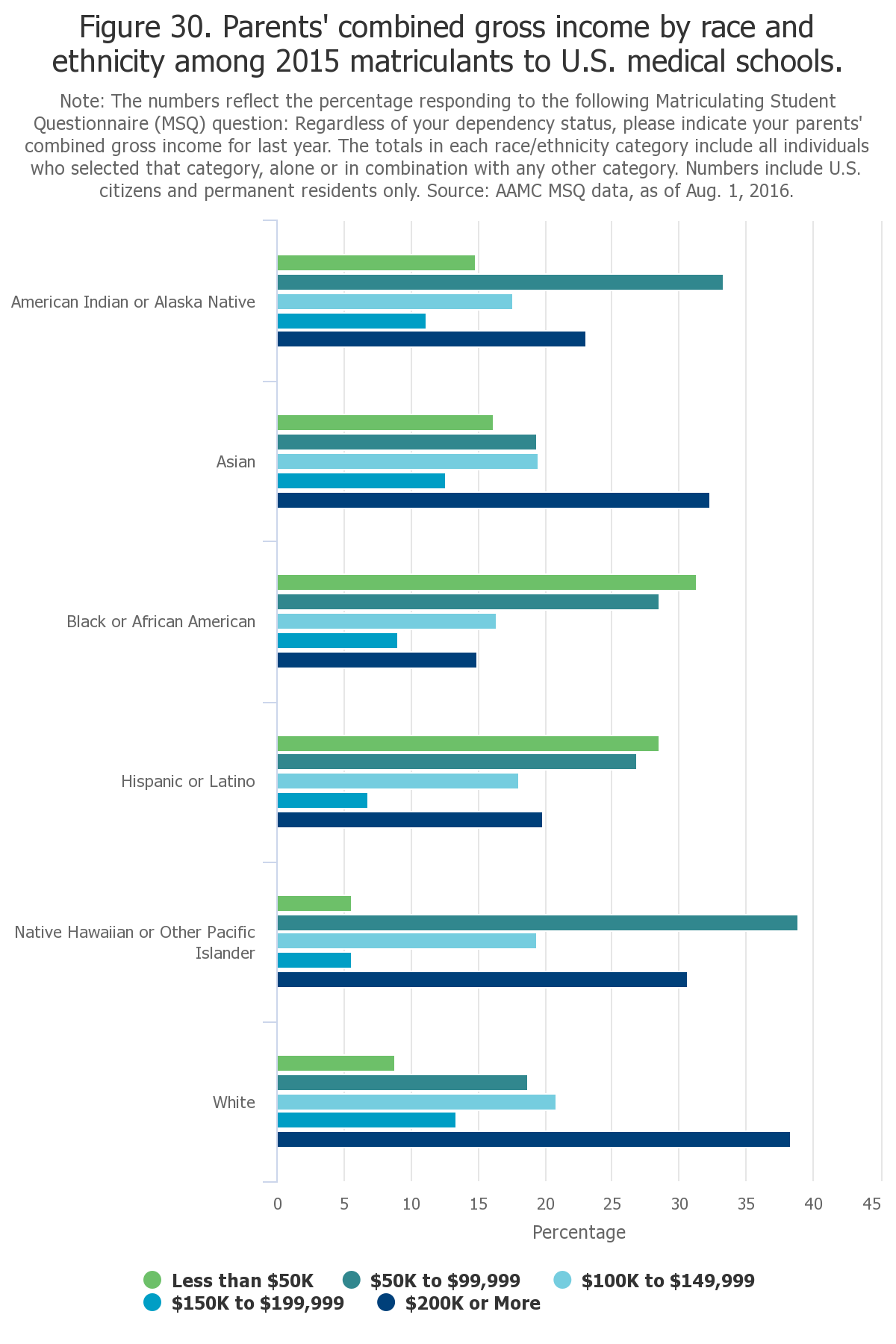Great discussion, happy to my see fellow students of color approaching this topic constructively. Keep it civil or I will have to close this thread.
I have a couple of things to add, speaking as Lucca now and not as a mod (or for SDN):
1. Racism exists, and the US is a racist country. Racism is not a pathology of individuals but a structural fact, like a hologram, that emerges from the relations and power transactions that occur between individuals, groups, institutions.
2. To answer the OP I think that “AA” (Med schools don’t use the same AA practiced in UG, but it’s a good enough shorthand) is a bandaid solution to a much deeper and complex problem that they have no way of directly tackling.
To answer the second question in the Op: I used to feel that benefiting from AA somehow devalued me in the eyes of my peers or gave me something further to prove to show that I “deserved” to be where I was or the accolades I won. I don’t feel this way anymore for 2 reasons:
A) if people think less of me just because I benefited from affirmative action without knowing anything else about me then that’s racist pure and simple and the goal of affirmative action (or diversity in education period) is not to make racist people less racist. I’ve had this occur sooo many times, from people saying I got a scholarship just because of my last name (and not, say, 99th percentile SAT and ACTs) to a teacher not recommending me for an advanced course in mathematics because “while I was good at math for an Hispanic” she did not feel I was “a hard enough worker” to succeed in that course. I went over her head, took it, and got an A. I see this kind of thing all the time on SDN, in this very thread even: the assumption that people of color don’t work hard even if they are able to achieve at the same level as anybody else, or without having any concrete knowledge of their achievements to begin with.
I also think it’s really weird and kind of sinister that people will say “aren’t you afraid people will think less of your achievements for being a student of color?” right after they automatically assume less of your achievements for being a student of color. You can’t control what people think nor should your or anyone really care because what others think of you has very little to do with education or your livelihood or anything. The work is the thing.
B) everyone deserves access to education and it should be universal. Humans are creative beings and education gives us the tool to make the most of our labor or change what we do with our lives. Nobody “deserves” to be anywhere more than anyone else. The scarcity of educational resources that drives competition is artificial and should not exist. There should not be a single concentrated period of time to be educated, but education should be free and liberal and either focused and academic or deeply technical and practical, or both, but everyone should have the opportunity to pursue it whenever they want. Utopian, I know, but at the heart of it is a simple idea: there is no deserve, there is only can you succeed at what you set out to do or not and while educational resources are artificially scarce and racism and segregation persist in the US, then efforts should be made to ensure people of color are well represented (and are they? Texas is 20% Black but my undergrad was less than 10% Black in spite of AA). In medical school, the vast majority of URMs are able to graduate and become physicians. That’s the goal of med school, not to exclusicely accept people so wickedly academic that they don’t even need lectures or guidance or anything other than coffee and access to a library to learn material.
3. SES: AAMC issues guidelines on how to use SES in admissions. It’s definitely already a factor, regardless of the applicant’s race. I’m sure that when Paul Farmer applied to Duke and Harvard Med the fact that he grew up in an abandoned bus had a lot to do with how closely his application was read. Same goes for Dr. Q going from undocumented immigrant to med student vs. any other Hispanic applicant who came from privilege; there are definitely degrees and being a URM is not in and of itself a golden key to academia. I know plenty of URMs with lower stars who have had to take postbaccs and reapply or go for different careers. Also, AAMC also has released data on SES breakdowns by ethnicity and race. I can look for it later but I’ll tell you that in spite of lower SES whites being a numerically larger group that minorities are more likely to come from lower SES.
4. I think that Asians are being unfairly discriminated against in many cases because there are very large communities of Filipino, Vietnamese and other non SE Asian minority groups that need docs, healthcare workers but at many schools all Asians are lumped together into one big category. Always seemed like a really weird thing to do for a continent that has nearly half the worlds population. Also, I think that Asians are often used as scapegoats by actual white supremacists and well-meaning but confused white people to say that higher education is racist. The existence of, say, something like quotas for Asians is 100%, definitely discriminatory, but the destruction of these quotas does not necessarily mean ending AA altogether. That option is of course never considered because the ultimate pervading fear, in my opinion, driving political efforts to undermine AA is a fear of whites being pushed out of a well regarded, stable, upwardly mobile, lucrative profession because they have a racist impression of Asians as robotic hyperacjievers they could never possibly compete with. Maybe this is an American complex leftover from losing to rice farmers in Vietnam or slowly ceding the world economy to China, who knows. I’ve lived across the pond for half a year now and I’ve never heard someone talk about Asians in higher education the way they do in the US.







